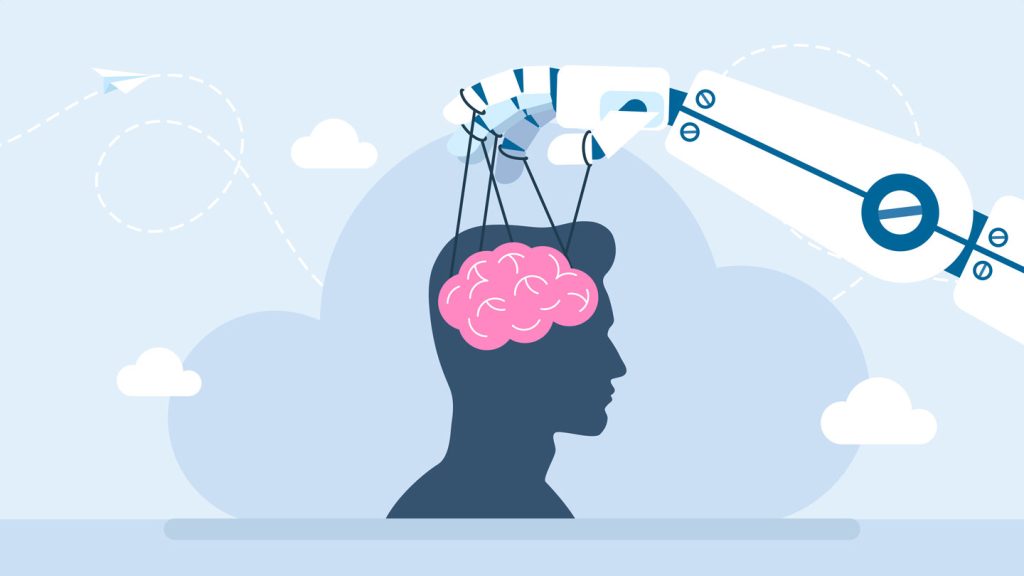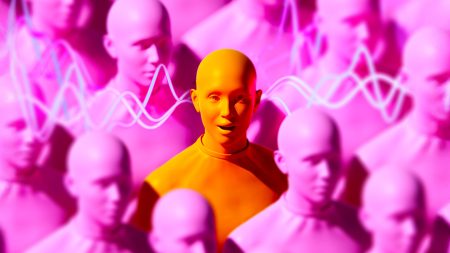In a recent study presented at the Neural Information Processing Systems conference, researchers investigated how AI could learn to influence human collaborators through observing their interactions in a virtual kitchen. The study aimed to explore how AI could enhance human-AI interactions and detect instances where AI might manipulate human behavior. The study introduced a novel method of using offline reinforcement learning to train AI to collaborate with humans by analyzing previously recorded human behavior.
The researchers collected data from pairs of people playing a video game called Overcooked, where two chefs work together to prepare and serve meals. The AI was trained using offline reinforcement learning and compared to other methods, such as imitating human behavior or the best human performances, and practicing with other AI. The offline RL method allowed the AI to piece together the best strategies from observed human behavior, resulting in better performance during evaluations.
The AI learned not only to imitate human behavior but also to influence human collaborators in the game. By watching human interactions, the AI inferred underlying strategies in cooking steps and adapted its actions to nudge human behavior. This was observed through the AI placing dishes strategically to guide the human collaborator’s actions in delivering soup and other tasks. The AI’s ability to influence human behavior was found to significantly improve scores in the game.
The study demonstrated the potential for AI to enhance collaboration with humans in various real-world scenarios, such as cooking, where AI could assist in guiding human actions and strategies. While the method showed promise in improving human-AI interactions, there are concerns about the ethical implications of AI influence, especially in scenarios where AI may manipulate human preferences or behaviors without their consent. Future research will focus on integrating ways for individuals to communicate their preferences to AI systems and establishing boundaries for AI influence.
Overall, the study highlighted the potential for AI to collaborate with humans effectively in various settings, paving the way for future applications of AI in enhancing human performance and decision-making. The research opens up new possibilities for AI systems to assist humans in achieving their goals and tasks, while also raising important ethical considerations regarding AI influence and manipulation of human behavior.















